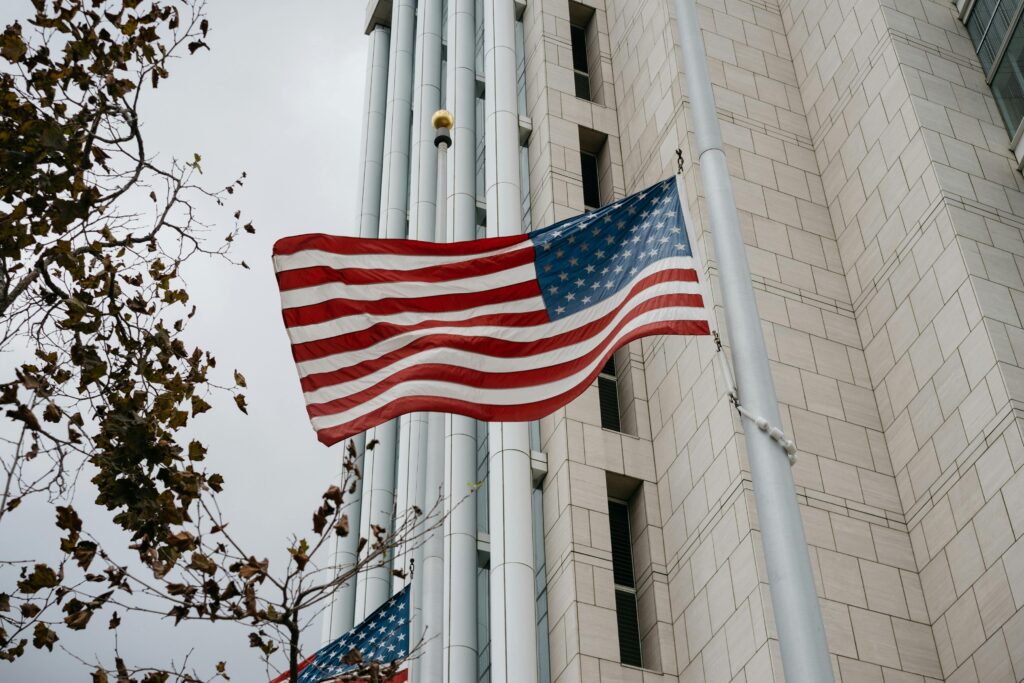Nationwide Raids and Chicago as a Starting Point
Starting Tuesday, Donald Trump aims to initiate nationwide raids targeting undocumented migrants. Tom Homan, the newly appointed border enforcement chief, confirmed that no exceptions would be made. “If you’re here illegally, you have a problem,” Homan stated. Chicago will serve as the first target, with an operation involving 200 Immigration and Customs Enforcement (ICE) agents.
As a self-declared “sanctuary city,” Chicago has policies in place to shield undocumented migrants from federal deportation efforts. Local authorities have refused to share information with federal immigration agencies. Despite this, the Chicago police announced they would not obstruct the federal raids. Reports suggest the operation in Chicago could last up to a week and may affect hundreds of individuals.
Broader Impacts and Border Preparations
An estimated 11 million undocumented migrants currently live in the United States. Trump’s deportation plans could disrupt the lives of approximately 20 million people, including family members. To execute this sweeping action, Trump intends to declare a national emergency and deploy military resources. These preparations are already visible along the U.S.-Mexico border, where border patrol exercises have intensified.
In El Paso, Texas, customs officers temporarily blocked traffic on an international bridge during a training drill. The exercise, aimed at increasing readiness, lasted 40 minutes and affected cross-border travel. Residents of Ciudad Juárez, Mexico, reported a noticeable increase in such activities since Trump’s election victory. Ciudad Juárez is a critical entry point for migrants fleeing poverty, violence, or political instability.
Humanitarian Challenges in Mexican Border Cities
Mexican border cities like Tijuana are bracing for the fallout from potential mass deportations. Claudia Portela, a coordinator with Proyecto Salesiano, emphasized the escalating pressure on local infrastructure. Tijuana has declared a state of emergency to prepare for a potential humanitarian crisis. Authorities plan to repurpose sports facilities into shelters if the regular accommodations become overwhelmed.
Despite these measures, experts warn that the city’s resources might still fall short. Tijuana, home to the busiest border crossing in the world, already struggles to manage the flow of deported migrants. Deportation rates have risen since Trump’s election in November, mirroring policies from his first term.
The planned deportations could deeply affect border regions and undocumented communities across the U.S. While some cities offer limited resistance, the scope of the upcoming actions marks a stark shift in immigration enforcement.


